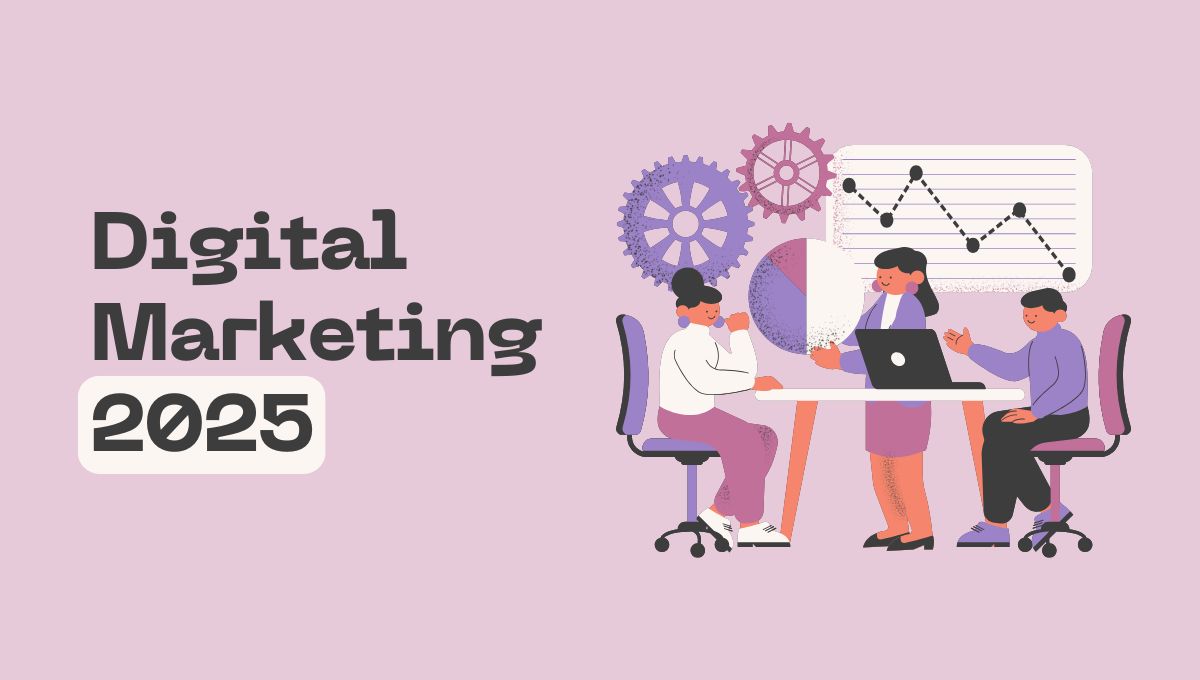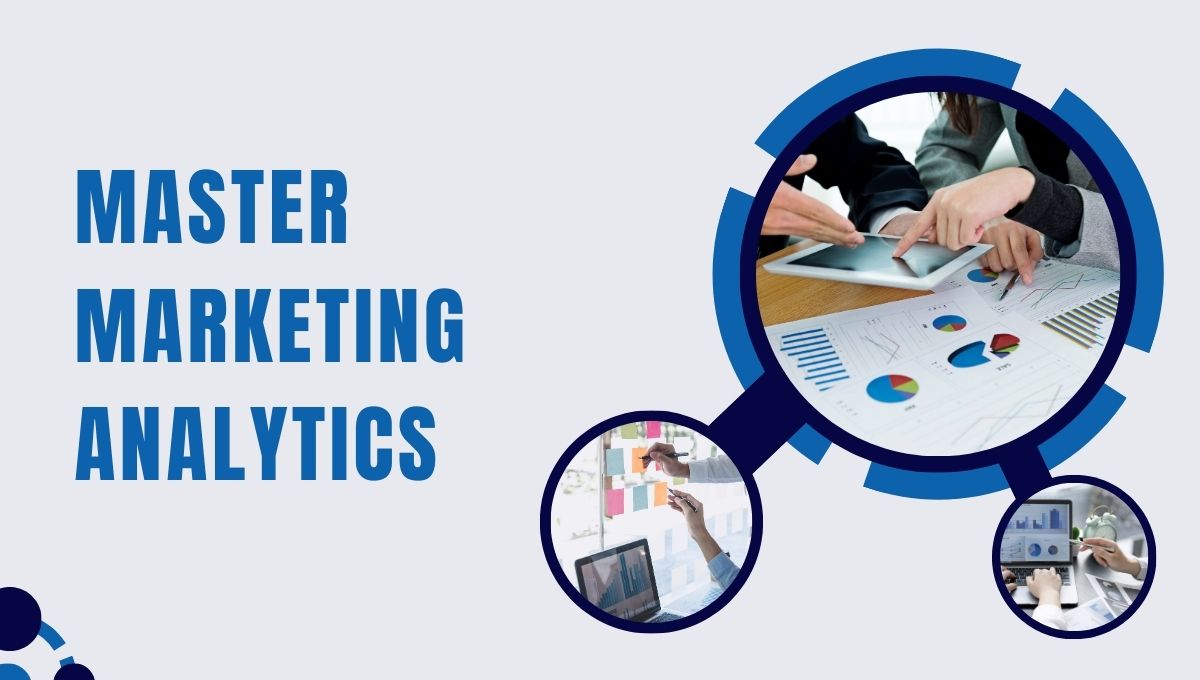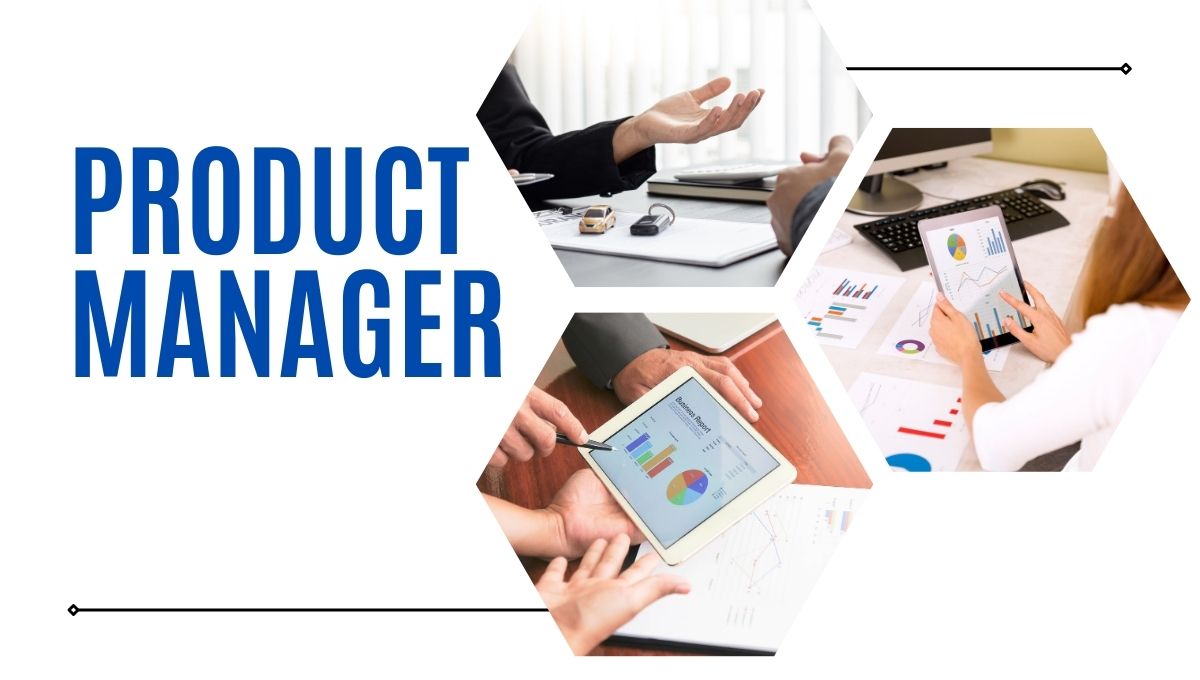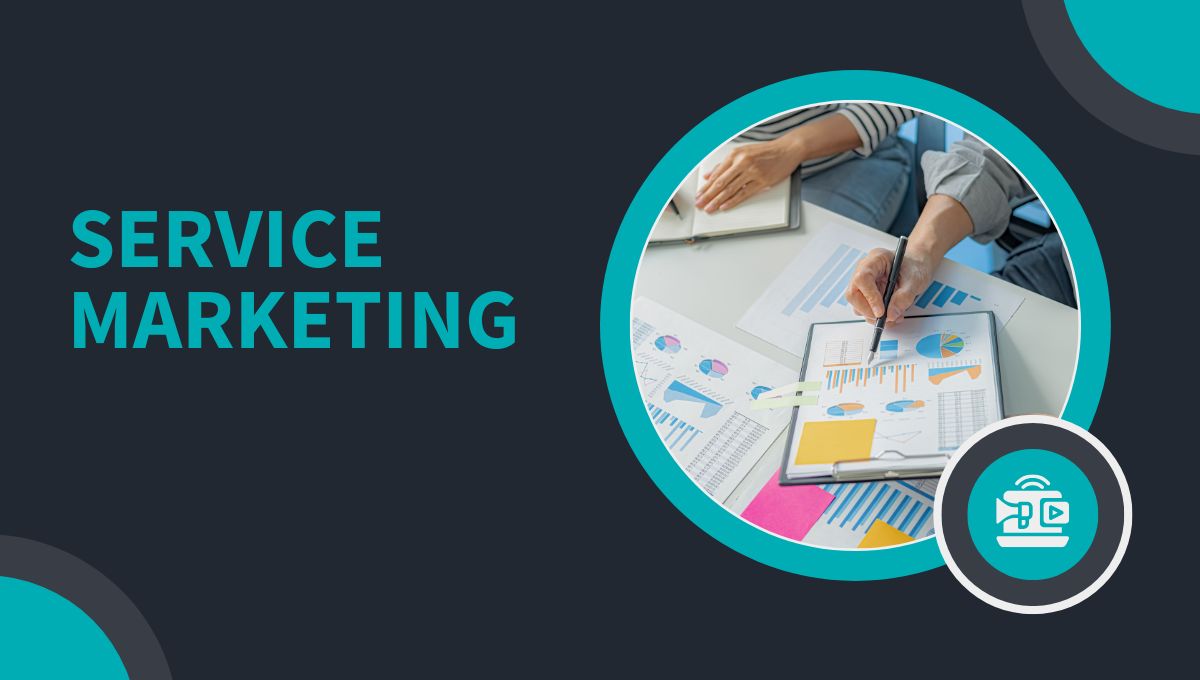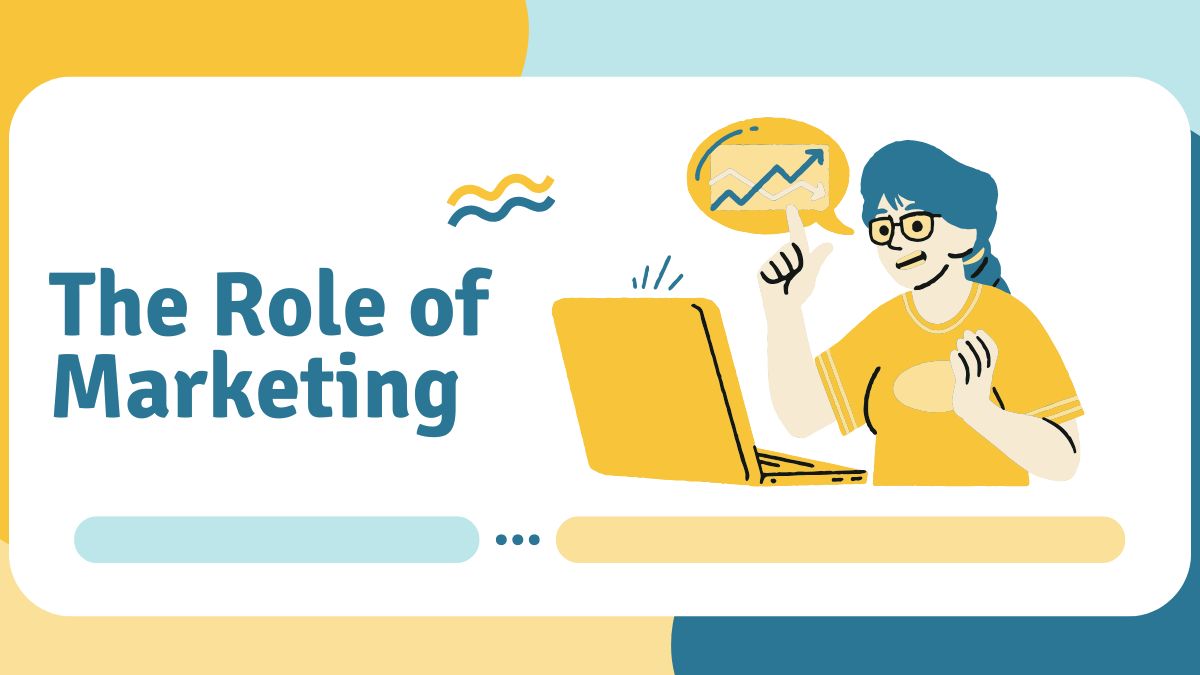It becomes imperative for all forms of industries, whether emerging or highly developed, to explain that they cannot afford to leave out digital marketing. With the current time being 2025 knocking on the door, the dynamism in adopting new digital tactics and consumer activities has ended in a marginal environment.
Notably, utilising digital marketing isn’t merely a trend among companies of all sizes but a tool that propels a company’s business development strategies. So, consider it the only remaining direct link between brands and customers while the latter continues evolving in a more competitive world.
The Changing Face of Digital Marketing: Why It Matters for Businesses Today?
Try to consider how effectively one can conduct business with a company and make it successful with limited tools like social media and search engines.
Hard to picture, right?
The usage of digital marketing has extended to a point where it is almost embedded in society, and thus, any business that neglects it will left behind. The strongest point is that nowadays, there are many tools for promotion, from marketing in social networks to artificial intelligence in digital advertising, which means that specific opportunities can be unique.
Now, let’s consider how and why businesses should embrace digital marketing by 2025. Not just telling the world about your methods but convincing them in a manner that will be actionable and measurable.
Key Reasons to Prioritise Digital Marketing by 2025
-
Personalised Marketing through Advanced Data Analytics
Consumers expect to have products more tailored to their needs and preferences. Data analysis will drive digital marketing in 2025, meaning creators will base every piece of content on demographics or personal preferences.
For example, AI and machine learning consider every purchase made, each like given on the social media platform, and so on, making it possible for organisations to develop messages that will touch everyone individually.
Such personalisation enhances the brand’s recognition and hence enhances brand loyalty, making business growth strategies easier to implement.
-
Expanding Reach with Social Media Marketing Strategies
Modern social networks are not just means of communication. It has evolved into full-blown marketplaces where customers shop, search, and buy information. India has seen a staggering rise in active consumer participation on these digital platforms, including Instagram, LinkedIn and Twitter.
By using social media marketing strategies in 2025, business people will cover larger populations, specifically the younger generation, thus improving customer loyalty.
For example, shopping on Instagram and targeting people on LinkedIn allows brands to show content to a user when he is active. These approaches can turn a simple post into an agent for sales when properly strategised.
-
Future of Digital Advertising: Going Beyond Traditional Approaches
Digital advertising in 2025 is set to transform further, especially as privacy concerns grow and third-party cookies phase out. Brands are now finding new ways to connect with customers.
Where creativity meets innovation: From interactive ads to immersive VR experiences and impactful influencer partnerships, bring ideas to life like never before. Each of these trends shapes the future of digital advertising.
Moreover, platforms like Google and Facebook are now incorporating AI to target and anticipate customer needs before they arise. The right digital marketing strategies for small businesses can take full advantage of these features, leading to a higher return on investment than traditional advertising.
Data-Driven Results in Digital Marketing
| Strategy | Projected Impact by 2025 | Examples |
| Personalised Email Marketing | Higher open and conversion rates | Tailored offers and promotions |
| Video and Interactive Content | Increases engagement by 60% | YouTube Ads, shoppable videos |
| AI in Customer Service | Reduces response time, improving customer satisfaction | Chatbots, virtual assistants |
| Influencer Partnerships | Drives sales through relatable endorsements | Instagram collaborations |
Digital Marketing Certifications: Essential for Staying Competitive
During the active development of various forms of digital promotion, specialists in this field must stay updated.
Invest your time in earning a certification in digital marketing; it’s one of the best steps you can take for career growth and development. This is an opportunity to enhance one’s skills. Therefore, it proves that the person is ready to follow the trends—this is what any employer looks for.
In India, especially where the job markets are growing increasingly competitive, digital marketing certification is essential.
Tips for Success in 2025
- Embrace Multichannel Marketing: It’s essential to meet your customers where they are as they engage across multiple platforms.
- Invest in AI and Automation: This saves much time for other creative tasks that would otherwise get spent on accomplishing those repetitive tasks.
- Prioritise User Experience: Everyone expects the website or application that they launch to be simple, swiftly responsive, and filled with stimulating information.
- Stay Updated on Privacy Laws: To ensure that the customer trusts and has confidence in the current organisation, you must adopt new regulations.
Key Takeaway: As you adopt digital marketing, remember that growth doesn’t happen overnight. But with patience and a keen eye on the trends, your brand can stay competitive and lead the way. Embrace the changes, explore a certification in digital marketing, and watch your business grow.
Master Digital Marketing & MarTech with Imarticus Learning and IIT Roorkee
Online marketing is mandatory for Indian businesses. The future of advertising highlights new avenues for business growth strategies, encouraging companies to innovate, integrate, and make their mark. Now is the time to stop thinking your competitors will lead – make 2025 the year you dive into digital marketing and enhance your business growth.
Professional Certificate In Digital Marketing And MarTech, CEC, IIT Roorkee, in collaboration with Imarticus Learning, equips aspiring digital marketers with essential skills. This 4.5-month course, designed by IIT faculty and industry leaders, covers key areas such as social media, SEO, affiliate marketing, and more.
By enrolling in the Professional Certificate in Digital Marketing and MarTech, CEC, IIT Roorkee, you will gain an in-depth understanding of modern digital marketing practices, enabling you to create effective strategies and enhance your ability to connect with target audiences using digital tools and platforms.
Join Now to Build a Future-Proof Digital Marketing Career!

